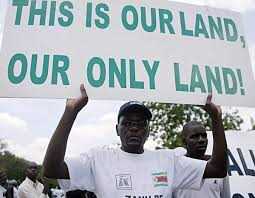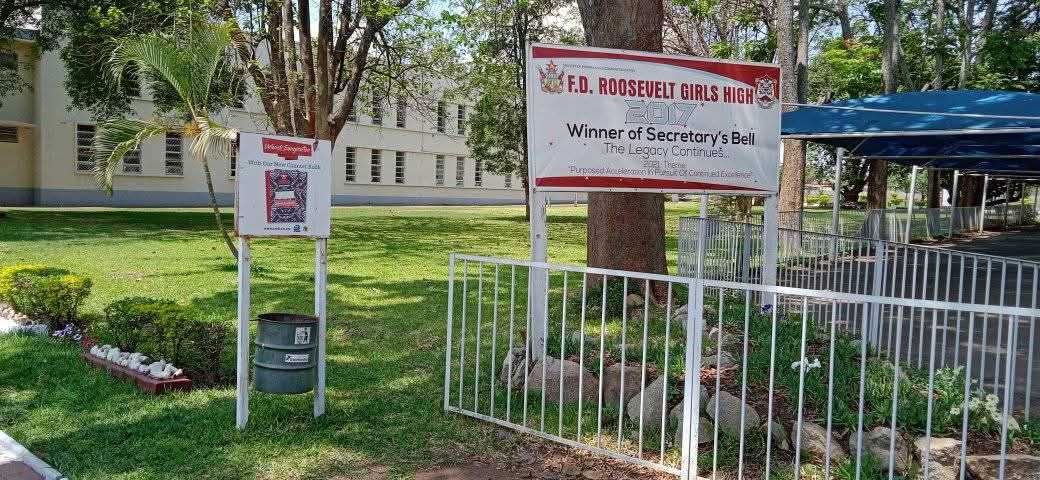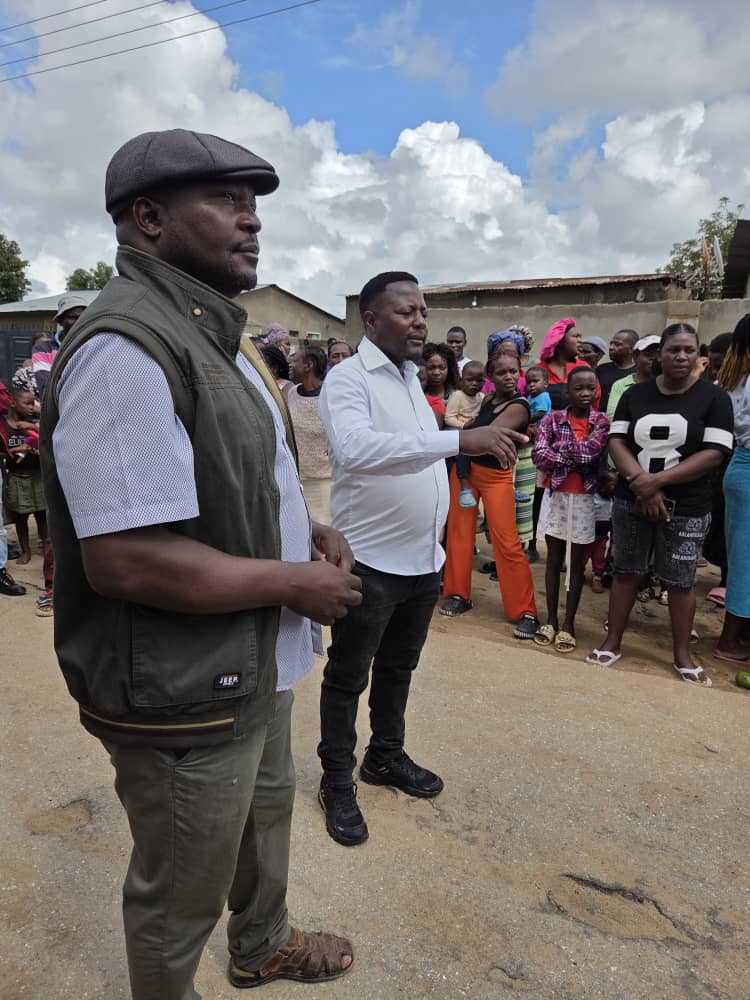
Oscar J Jeke and Witness Runodada
Zim Now Reporters
A shocking tale of corruption and deceit has unfolded in Zimbabwe’s land distribution, where residents are fighting against the Local Boards over misuse of power and land allocation irregularities. The saga that has dragged on since time in memorial has faced no resolve, citizens at the centre crying foul year in year out.
Notable places include Epworth, Chitungwiza, Goromonzi and many other locations within the country. In Epworth 2010, was the date it all began when government attempted to regulate stands in the area, but irregularities were found within the process as the local board used incorrect mapping indications, leading to the eviction of numerous residents?
The same land from which people were evicted was sold to others, generating significant profits. Meanwhile, those displaced were promised relocation since 2017, but they remain in limbo. An anonymous concerned resident revealed that local board members, councillors, and land barons are complicit in selling stands initially allocated to evicted residents.
"The local board members, councillors, and land barons are the ones corruptly selling stands of the evicted ones,” was said in an interview by a source who claimed to remain anonymous. He expressed frustration that despite multiple court appearances, no action has been taken against these individuals.
A High Court representative recently verified that the incorrect map was used, and the case is set to continue on October 1. Residents are demanding justice and accountability from the authorities.
Sources claim that buying a stand through official channels is impossible, as the Harare Council claims there are no available stands in Epworth. However, land barons going by the name Mukoko who is also known by his nickname Magirazi allegedly facilitates stand allocations for a fee, sending buyers to the council and local board with a cartel processing the necessary documents.
“Epworth is plagued by corruption and land irregularities, leaving residents frustrated and displaced said Lucia Nkani, an affected resident, sharing her heart-breaking story. “We were evicted in 2017 and have not been allocated land since. My father passed away, leaving us his house, but after eviction, we had to rent. The council keeps giving us false hope, promising relocation, but nothing has been fulfilled."
The council's opaque operations make it difficult for residents to obtain stands through open bidding. Instead, councillors and administrators refer them to land barons who facilitate transactions for personal gain. Regularisation of stands, meant for informal settlers, are being sold to wealthy outsiders for $4,000 to $6,000, with only $400 going to the council.
Related Stories
The promises never fulfilled come also as a replenishing reminder of the darkness in politics, with President Mnangagwa back in 2023 at a campaign rally in the area promised to issue settlers with tittle deeds, with little to none having being done in that respect.
Other areas, Chief and Village heads, such as in Goromonzi, they are facilitating and selling land to those seeking residents in their areas. However, the outcome turns sour for those that acquired those lands through such means as local boards are following up on them and threatening eviction if dues are not paid to responsible authority.
“They are now demanding for papers and individuals who sold us the land, we are now being threatened with eviction if we do not give the officials a token,” said one settler in Goromonzi.
The same case is happening in Nyatsime, with Domboshava having been the epicentre of such activities. The solutions offered seem redundant without binding legal frameworks that protect the rights of victims as guaranteed in the nation’s supreme law.
This has prompted action from relevant organisations impeding with varied responses and approach, one such being CAHSZ, which has come up with a community land protection guide, designed to help communities safeguard their land rights in the face of growing threats. It addresses key challenges, such as securing legal land ownership, promoting sustainable land use, and advancing land rights for women and marginalised groups, while it also provides guidance on seeking support in cases of forced eviction.
Such initiatives emerged in the face of submerged escalations and surge in land barons, with it being a remedy and alternative to land demands and conflicts, fuelled by population growth, climate change, and increasing calls for equitable land access.
“CAHSZ is appalled by the allegations of corruption among local councillors and land barons highlight a significant challenge in ensuring fair and equitable land distribution. It is crucial for local authorities to operate transparently and uphold the law to protect residents' rights. This will ensure that citizens are protected from their hard-earned money. The eviction of individuals from their homes leads to severe social and economic consequences. This situation not only displaces families but also disrupts communities and livelihoods. The voices of affected residents need to be amplified and ensure justice across all political divide.
“CAHSZ therefore calls for accountability from local authorities and that mechanisms must be put in place to investigate these claims, and those found guilty of corruption should face appropriate consequences. This also highlights the need for Policy Reform to address the systemic issues surrounding land management and distribution in Zimbabwe,” CAHSZ representative, Tatenda Madziro said.
The menace of land barons has thus resulted in action from government in the form of new land policies that have come at a precise time, unstaining Local Authorities’ infrastructure from land barons who develop haphazard and unplanned settlements with no basic services such as water, electricity and sewer reticulation and storm water drainage.
“Urban land will only be made commercially available to credible and approved land developers who will add value to the land in compliance with all relevant laws and protocols. Ultimately, the goal is to establish high quality housing developments in fulfilment of our vision of an upper-middle income society by 2030. Areas that are not in use within cities will be considered for urban development. Urban renewal, urban transformation and regularization will also be given priority,” cabinet noted.



















Leave Comments